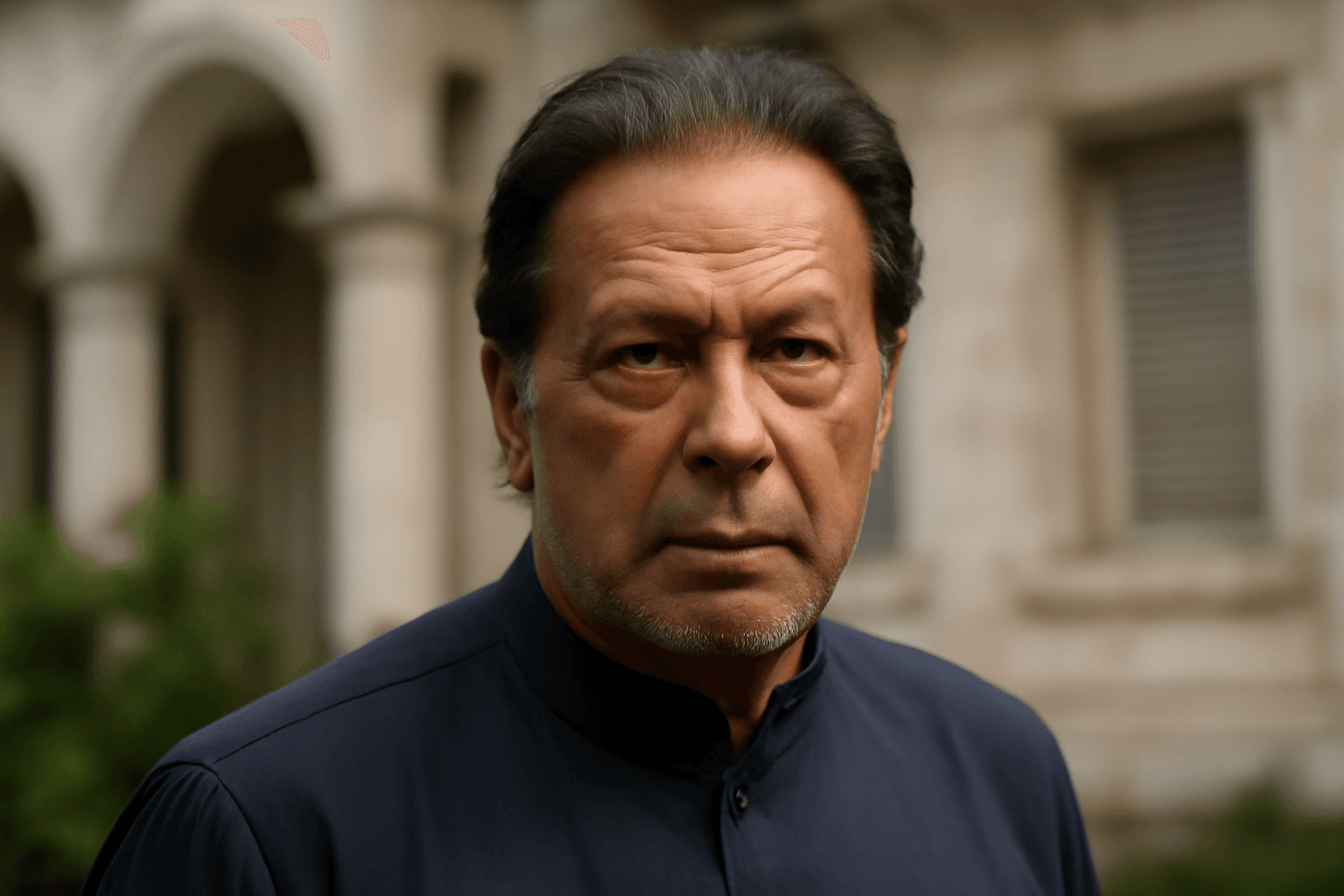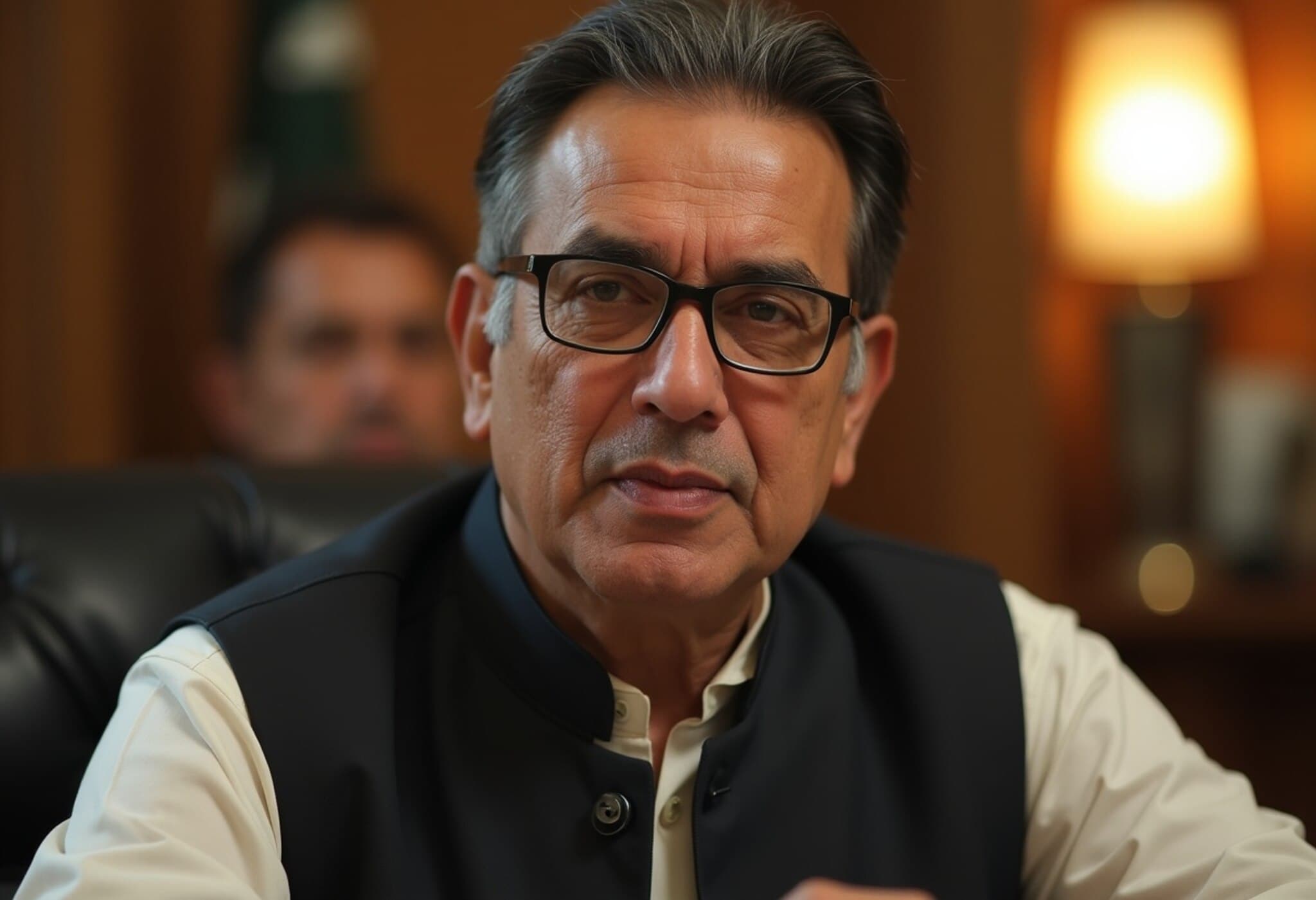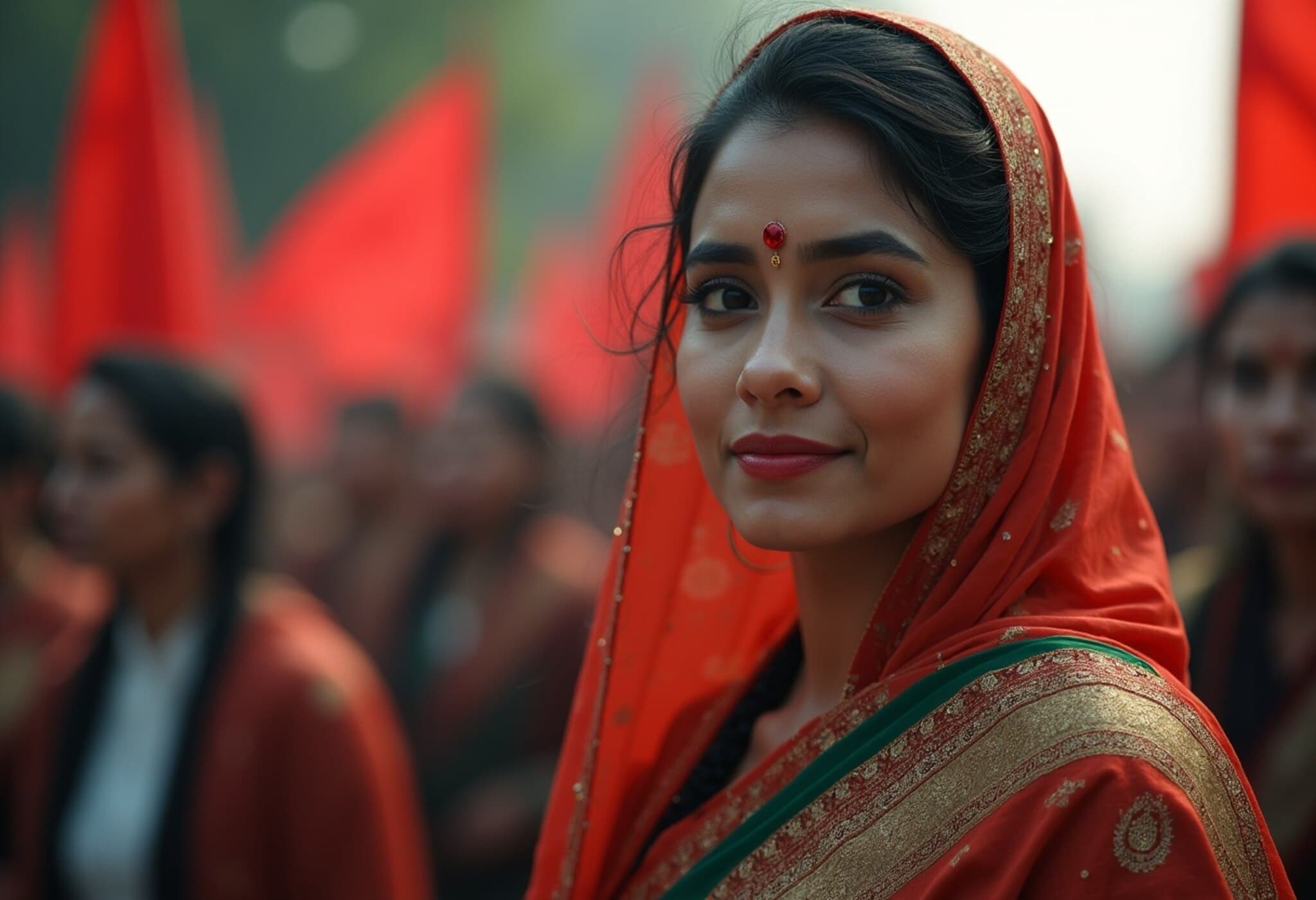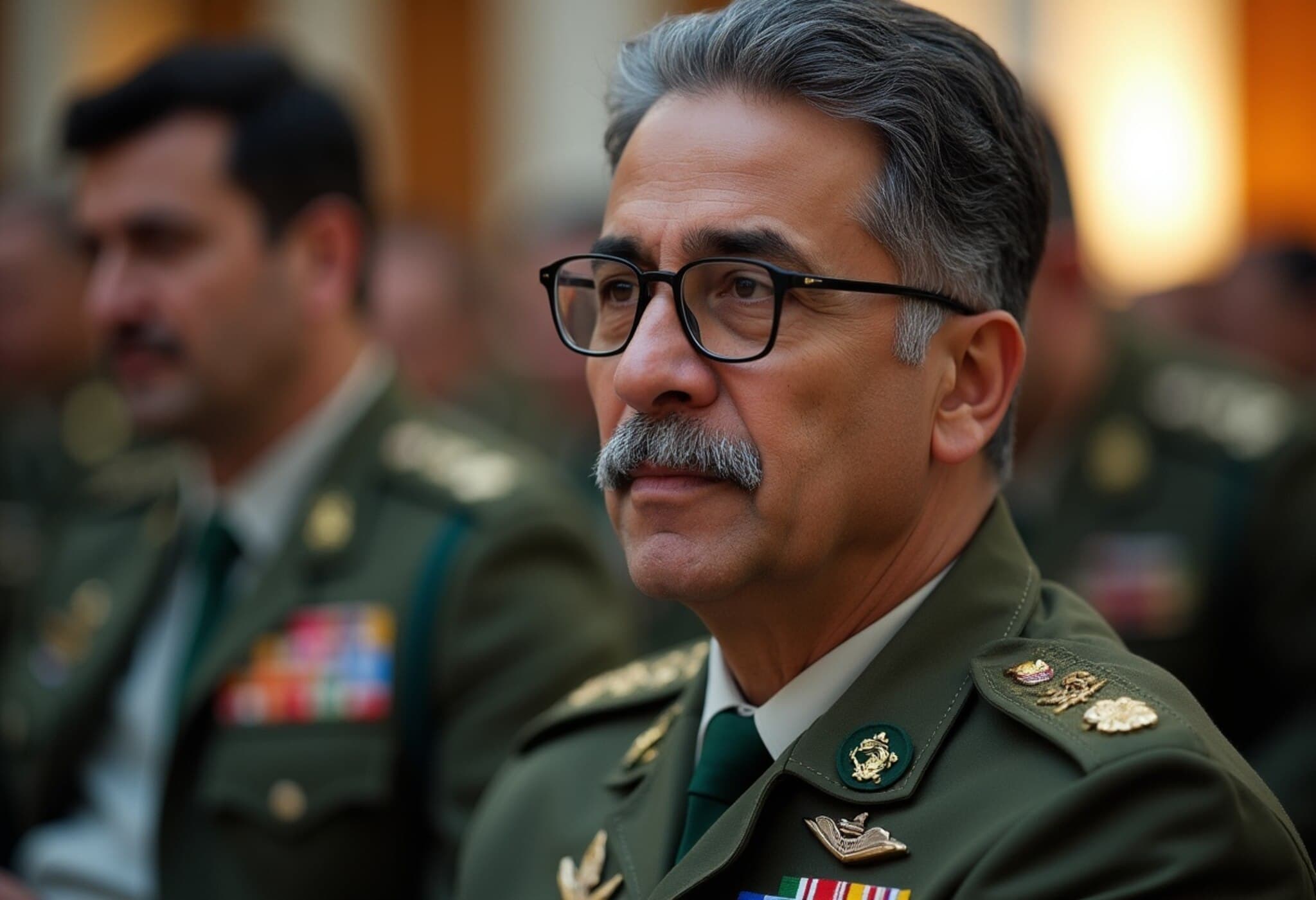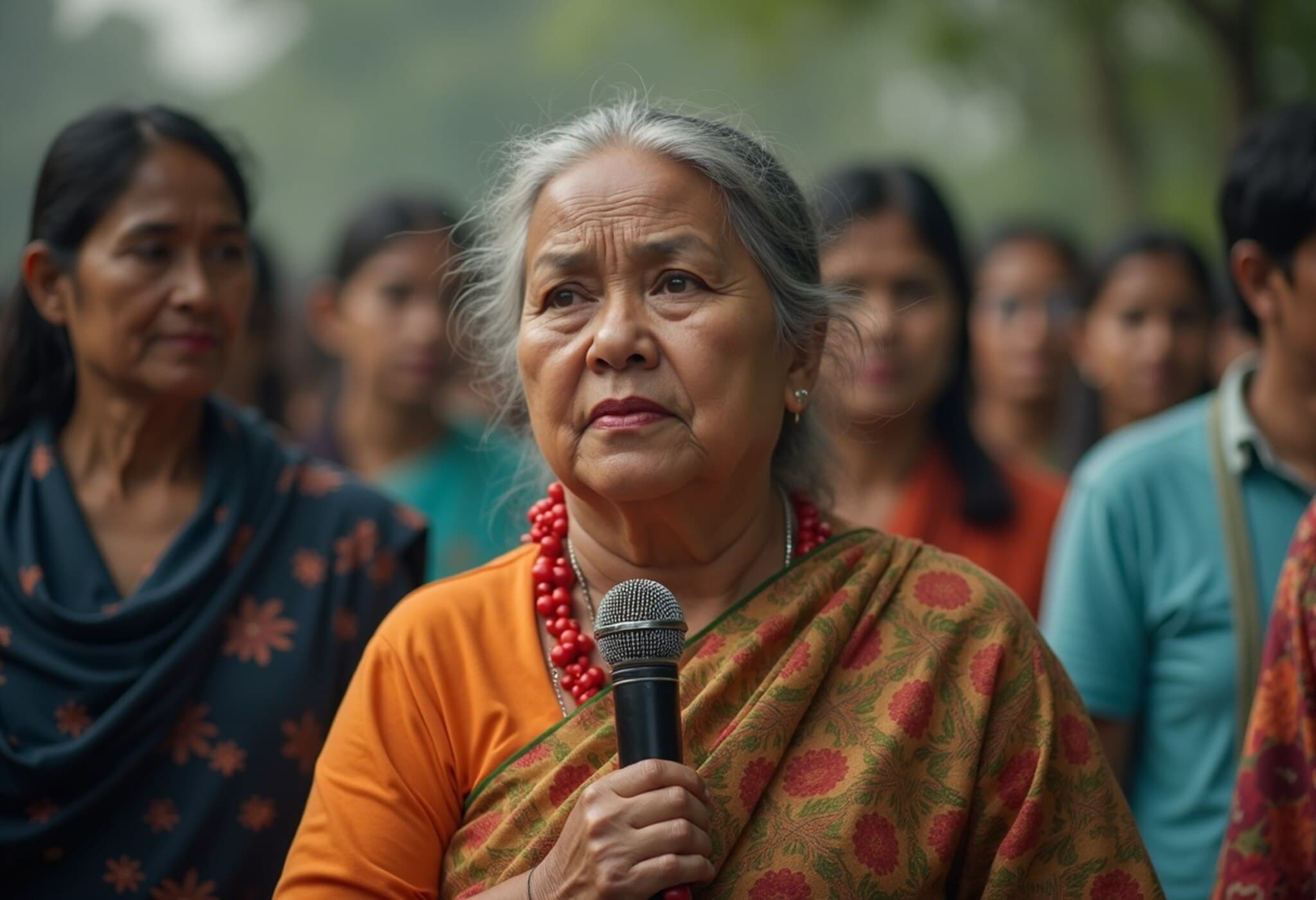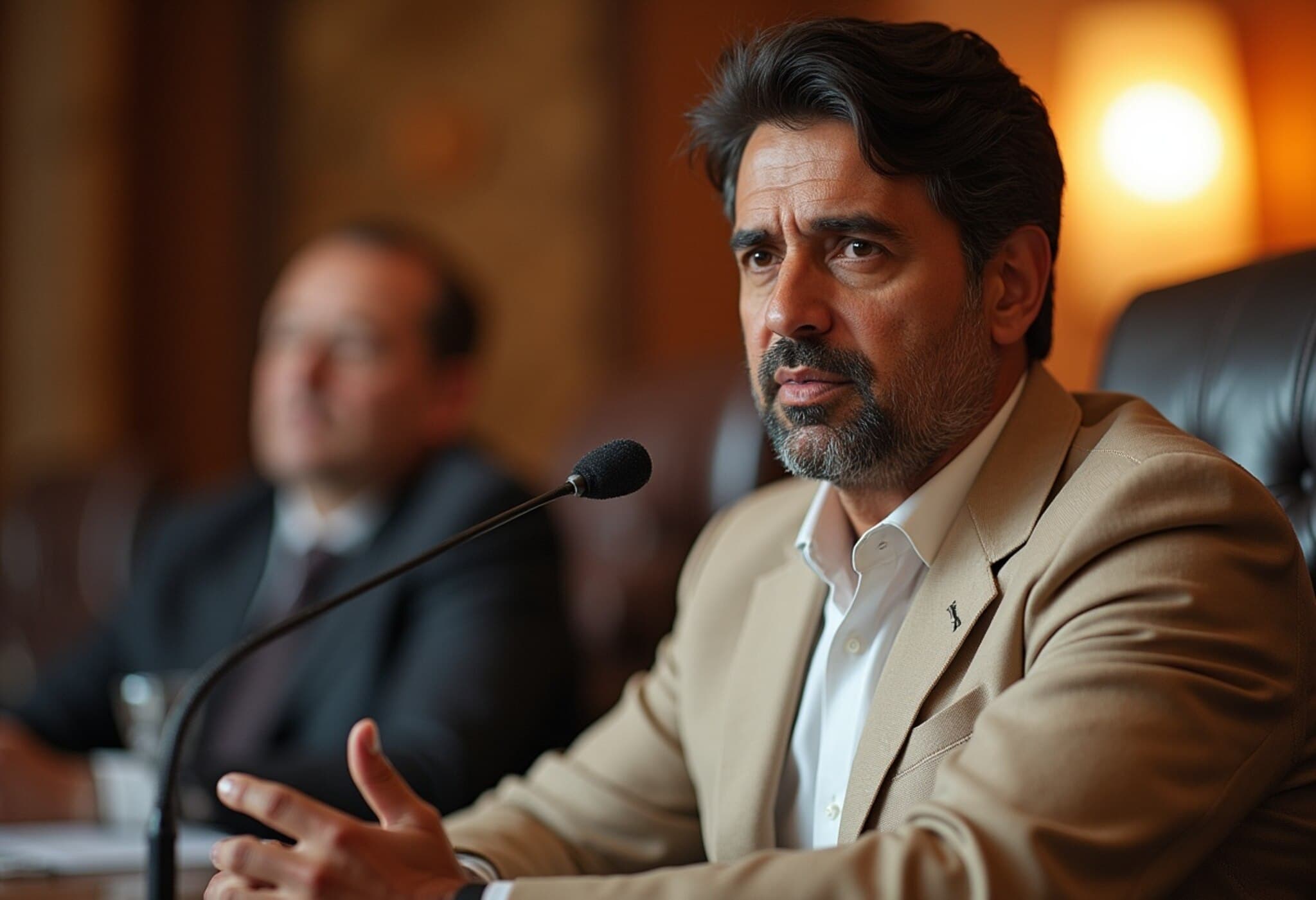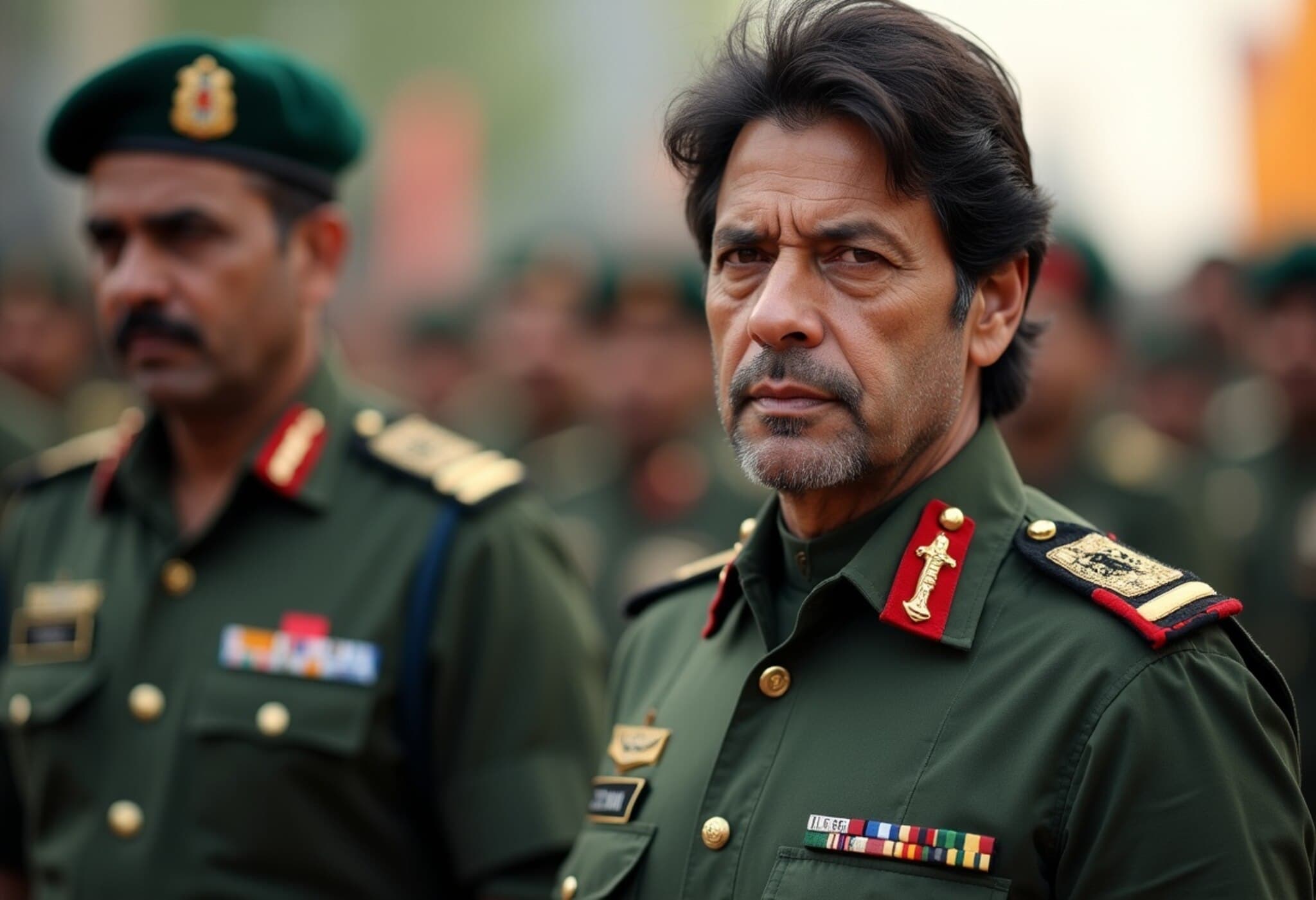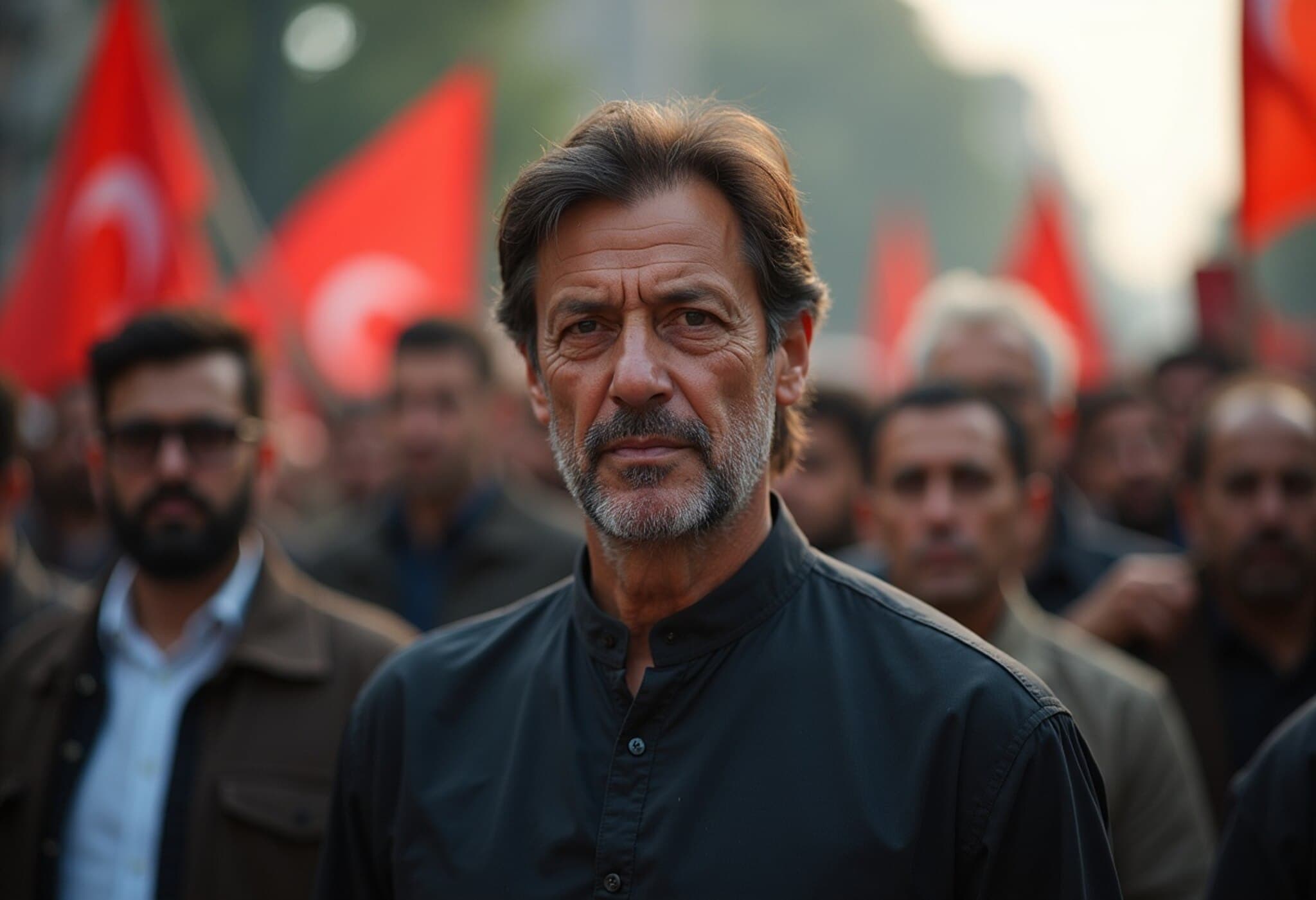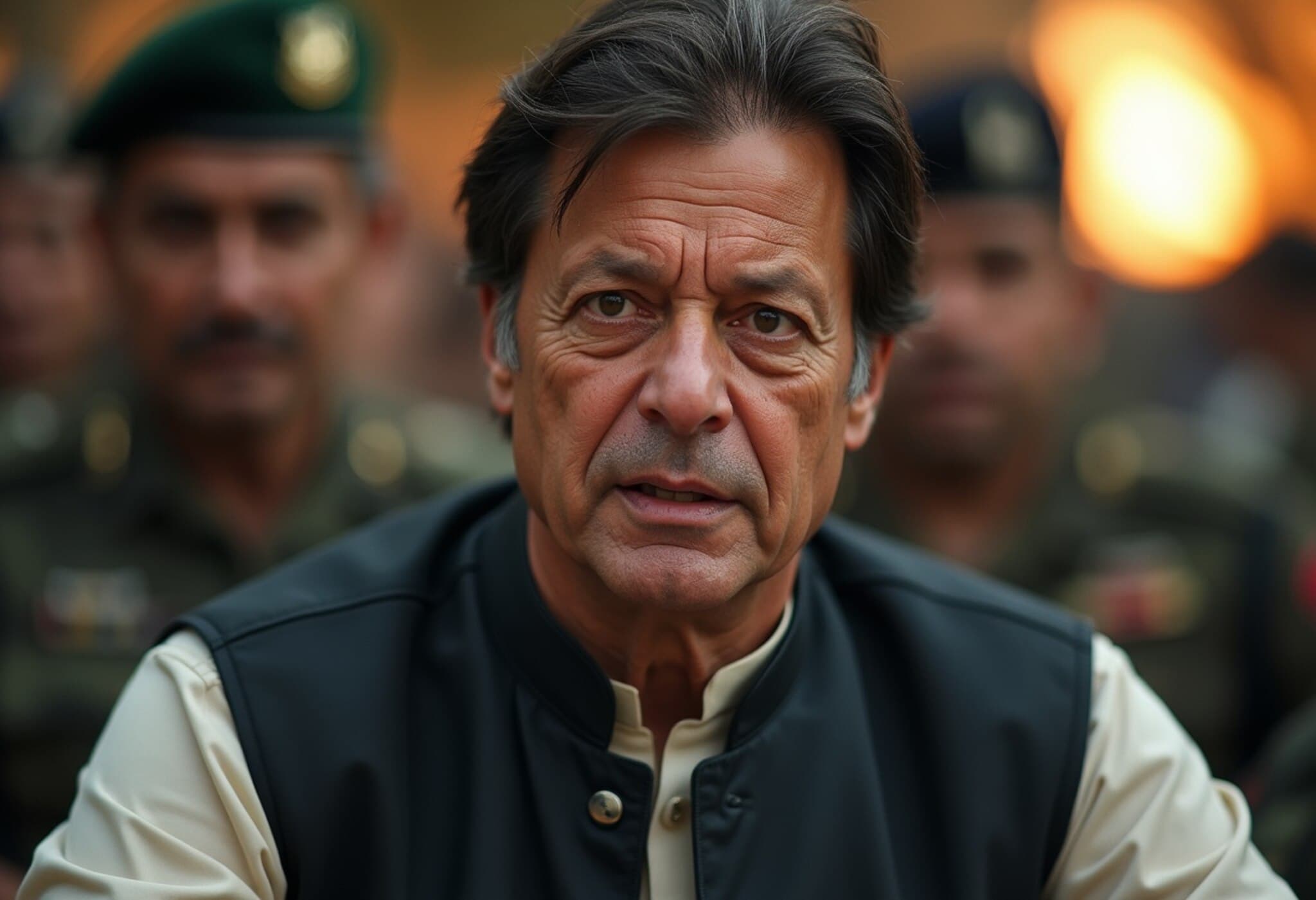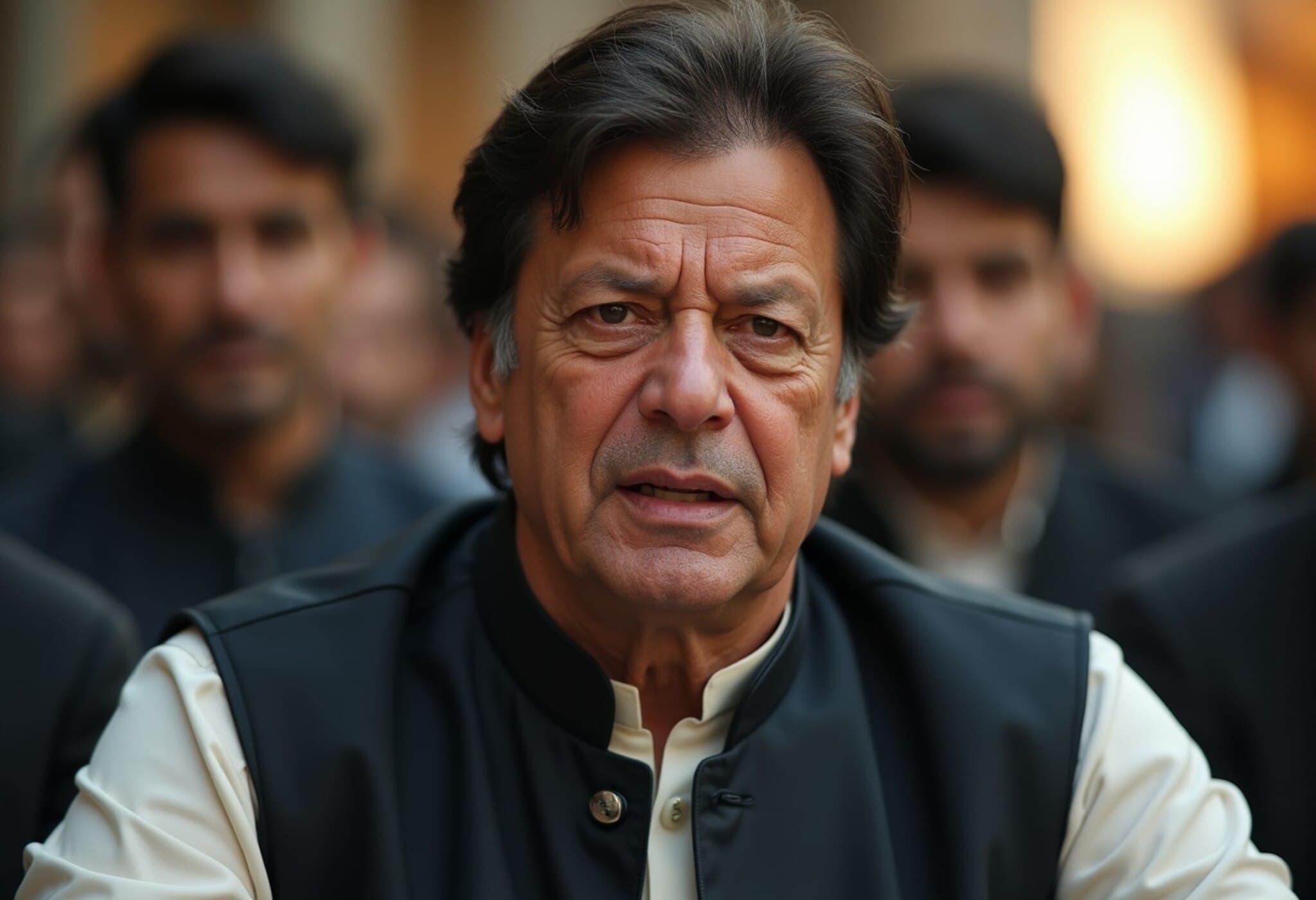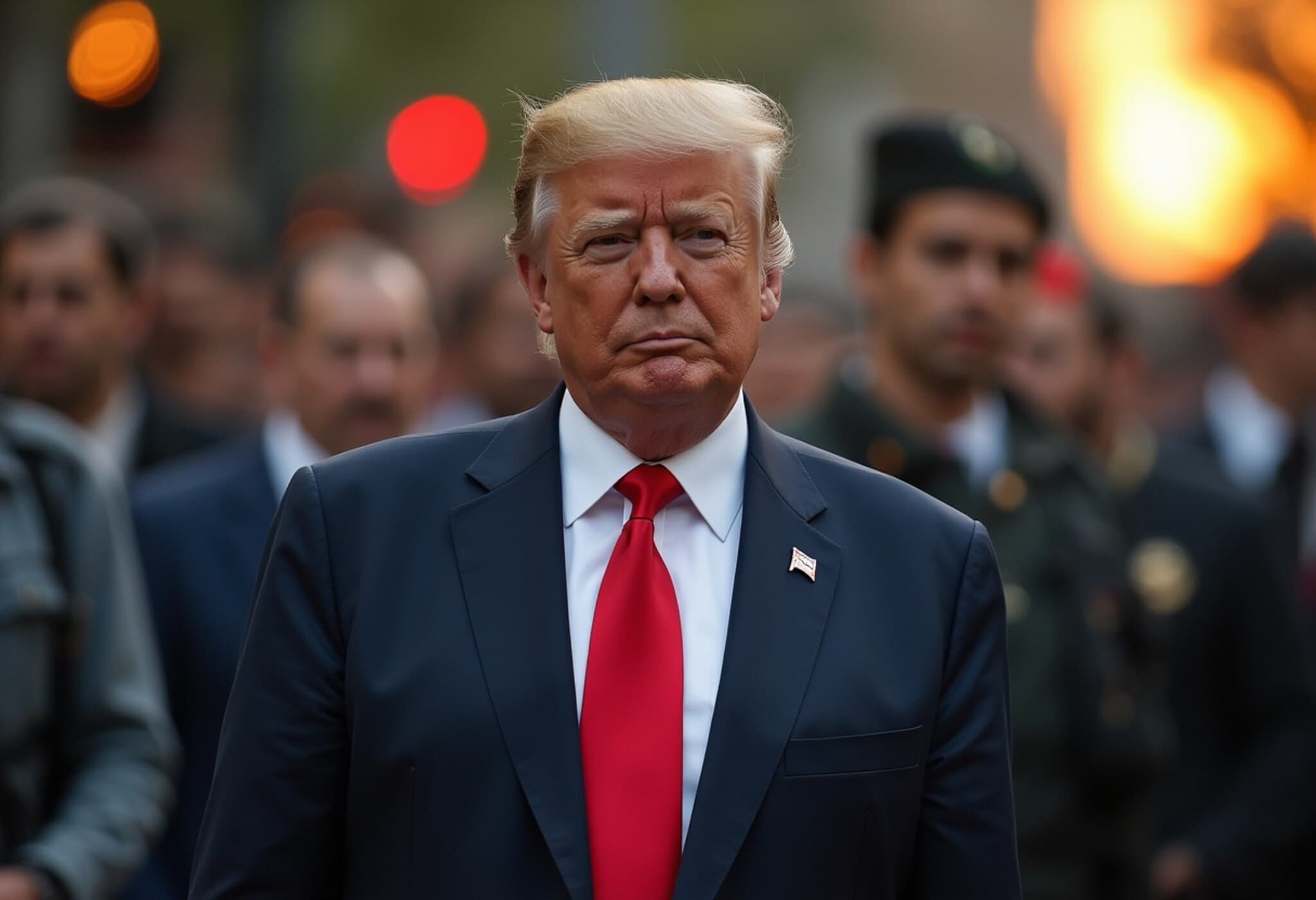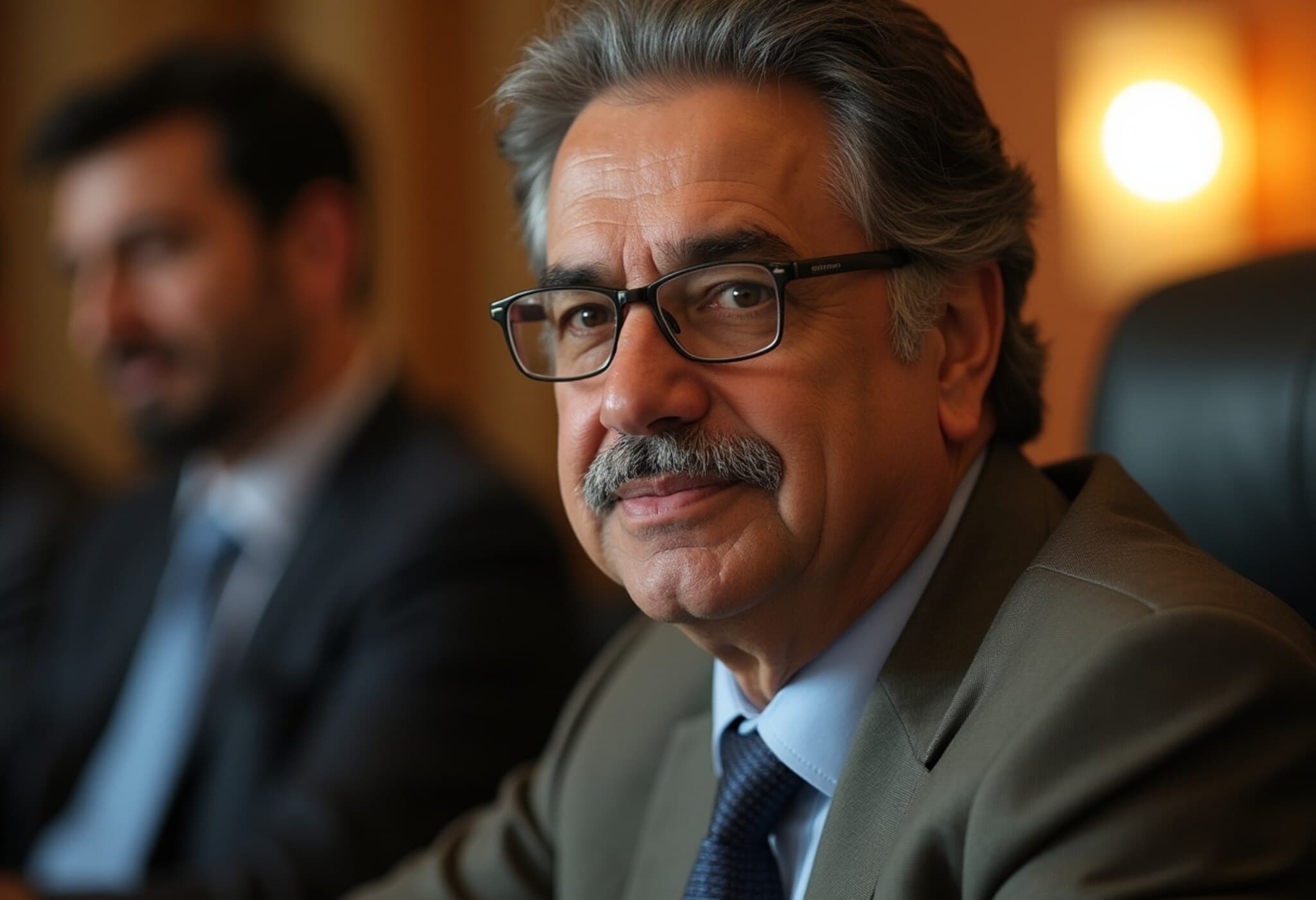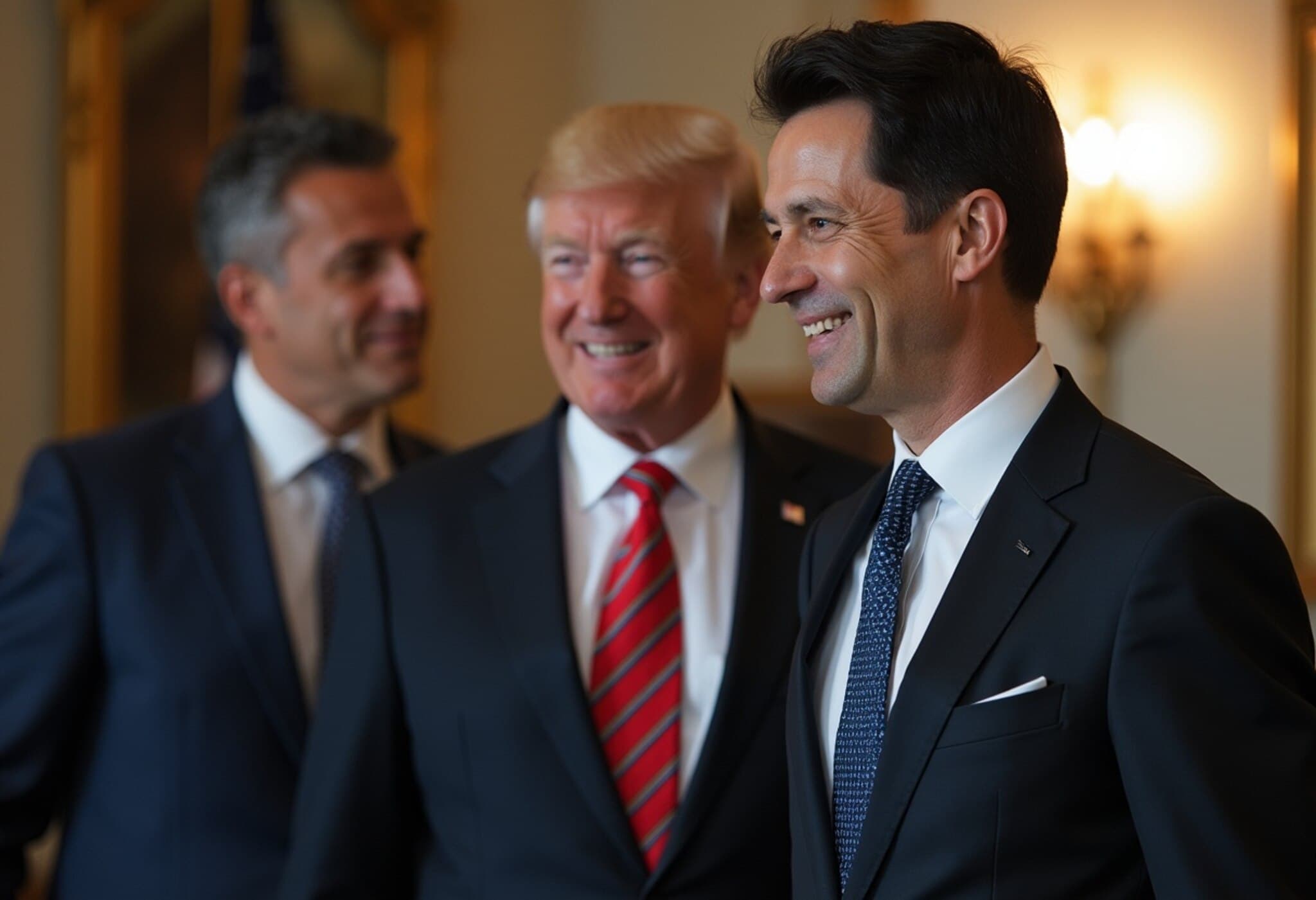Imran Khan Denounces Harsh Prison Treatment, Calls for Unity Within PTI
In an urgent message from behind bars, former Pakistani Prime Minister Imran Khan has painted a grim picture of his incarceration, describing it as the "harshest prison term in Pakistan's history." Since August 2023, Khan, aged 72, has been held at Adiala Jail in Rawalpindi amid several ongoing legal cases, which he claims are politically motivated.
Filthy Water and Denied Rights: A Struggle Beyond Politics
Khan’s public statement highlights not only his fight for political survival but also a deeply personal battle against what he portrays as systematic deprivation. He alleged that even the water provided to him for religious ablutions is contaminated to the point of being "filthy and unfit for any human being.” Adding to his grievances, he revealed that books sent by his family have been withheld for months, and his access to television and newspapers has been cut off—effectively isolating him from the outside world.
- No access to new reading material, forced to re-read old books
- Denied meetings with his children despite repeated requests
- Restricted political contact, allowed meetings only with select 'choice individuals'
- Allegedly harsh treatment extended to his wife, Bushra Bibi, a non-political figure
Political Repression or Judicial Overreach? A Historical Contrast
Khan sharply criticized the current government led by Shehbaz Sharif and alleged that the judiciary has been "crippled" under their rule, citing unfair verdicts and arguing that judicial independence—a cornerstone of any democratic society—is under threat.
He contrasted his treatment with that of former Prime Minister Nawaz Sharif, who, despite facing corruption charges, reportedly received relatively comfortable prison conditions. Khan claimed that no political leader in Pakistan has faced such severe restrictions and human rights violations.
Rallying the Party and the Public: A Movement in the Making
The former prime minister's message carried a rallying cry to his party, the Pakistan Tehreek-e-Insaf (PTI), urging them to set aside internal divisions and focus on the upcoming nationwide "Free Imran Khan Movement," slated to launch on August 5. Khan warned that factionalism within PTI will not be tolerated and could lead to expulsions as the party seeks to harness public support.
His sons, Suleman and Kasim Khan, have reportedly traveled to the United States to engage with policymakers, including members of the Trump administration and Congress, aiming to generate international pressure for his release.
Expert Perspectives: What This Means for Pakistan's Democracy
Khan’s incarceration and the conditions he describes shed light on deeper fissures within Pakistan’s political and judicial systems. Legal analysts point out that the erosion of judicial independence could have long-term consequences for rule of law in the country. Meanwhile, the restriction of a major opposition leader’s rights raises pressing human rights questions with implications for Pakistan’s international image and domestic stability.
Moreover, the isolation of Khan—an influential political figure—may galvanize his support base, potentially intensifying political unrest ahead of future elections and public demonstrations. The situation underscores the ongoing tension between authoritarian impulses and democratic aspirations in Pakistan’s complex political landscape.
Conclusion: A Nation at a Crossroads
Khan’s account highlights a fragile moment in Pakistan’s democracy, where political rivalry, judicial integrity, and human rights intersect dramatically. As the country watches this unfolding saga, questions remain about the balance between legal accountability and political persecution, the health of democratic institutions, and the role of civil society in safeguarding fundamental freedoms.
Editor's Note
Imran Khan’s allegations of harsh prison conditions and political suppression offer critical insight into Pakistan’s tense political climate. This situation raises urgent questions about judicial fairness, human rights protections, and political pluralism in the country. Readers are encouraged to consider how these dynamics affect not just Pakistan’s future but also the broader region’s stability and democratic progress.

